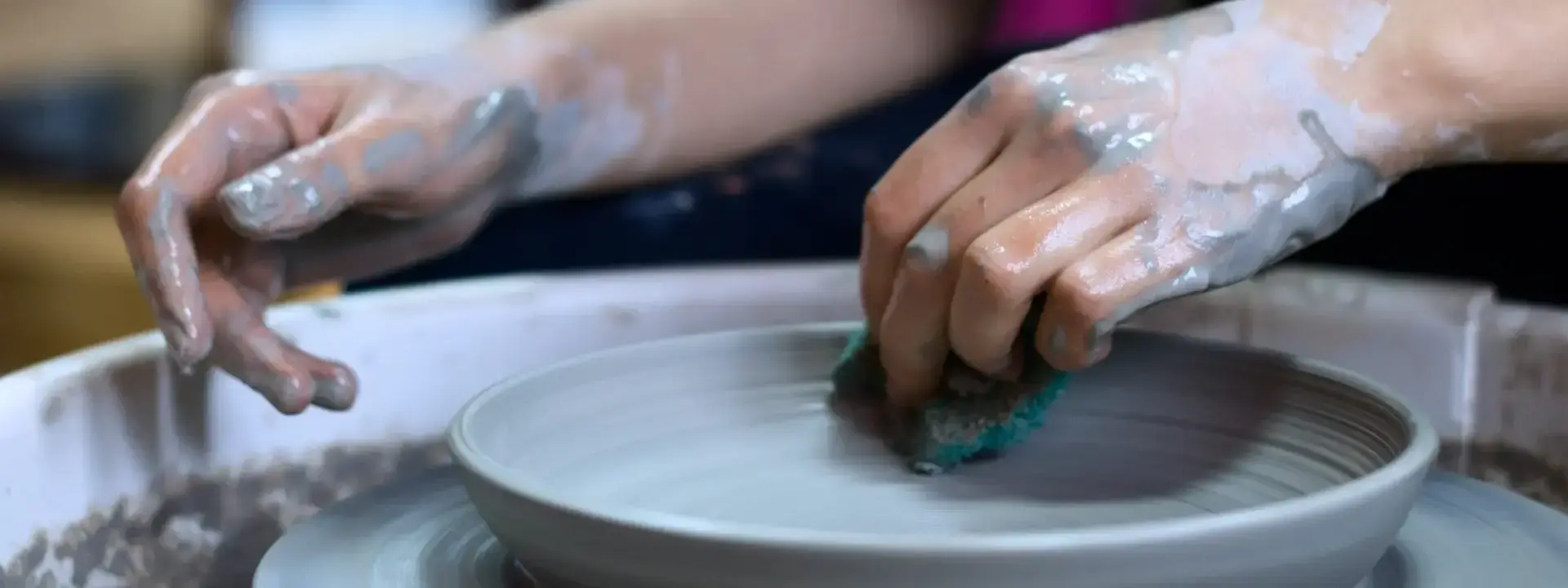
Potter Job Description
What is a Potter Professional?
A potter is a person who makes ceramic ware, such as plates, bowls, vases and sculptures, using clay that they have shaped. The word "potter" comes from the Latin word for "container". A potter uses a variety of tools to create their products including a wheel on which they throw (shape) the clay; knowledge of how to select and prepare materials; an understanding of glazes and kilns; and experience with decorating techniques. The first step in making a piece of ceramics is selecting the type of clay you will use. There are many different types of clay available each with its own set characteristics like color, porosity or shrinkage rates when fired. Once you have selected your Clay body it needs to be prepared for working by wedging it . This process involves breaking up any lumps present in the dry powder form before adding water so that it can be worked easily without cracking or warping during shaping processes
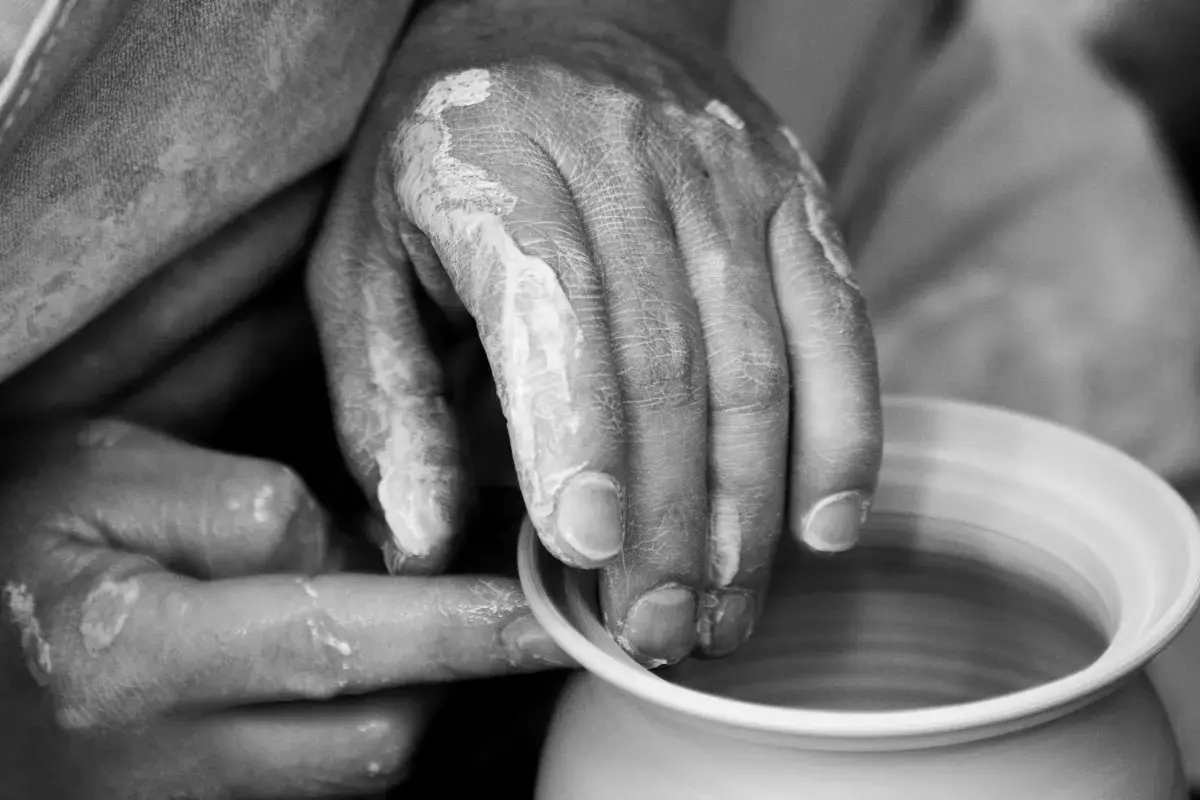
What does a Potter Expert do?
After preparation ,the next stage is forming where basic shapes are created through various methods like hand-building ,coil construction ,pinching or throwing on the wheel .Shaping gives structure to pots before firing but handles & spouts etc.,are usually added once pieces have been bisque fired as greenware particularly if these parts need attaching while still wet e.g by slip trailing method
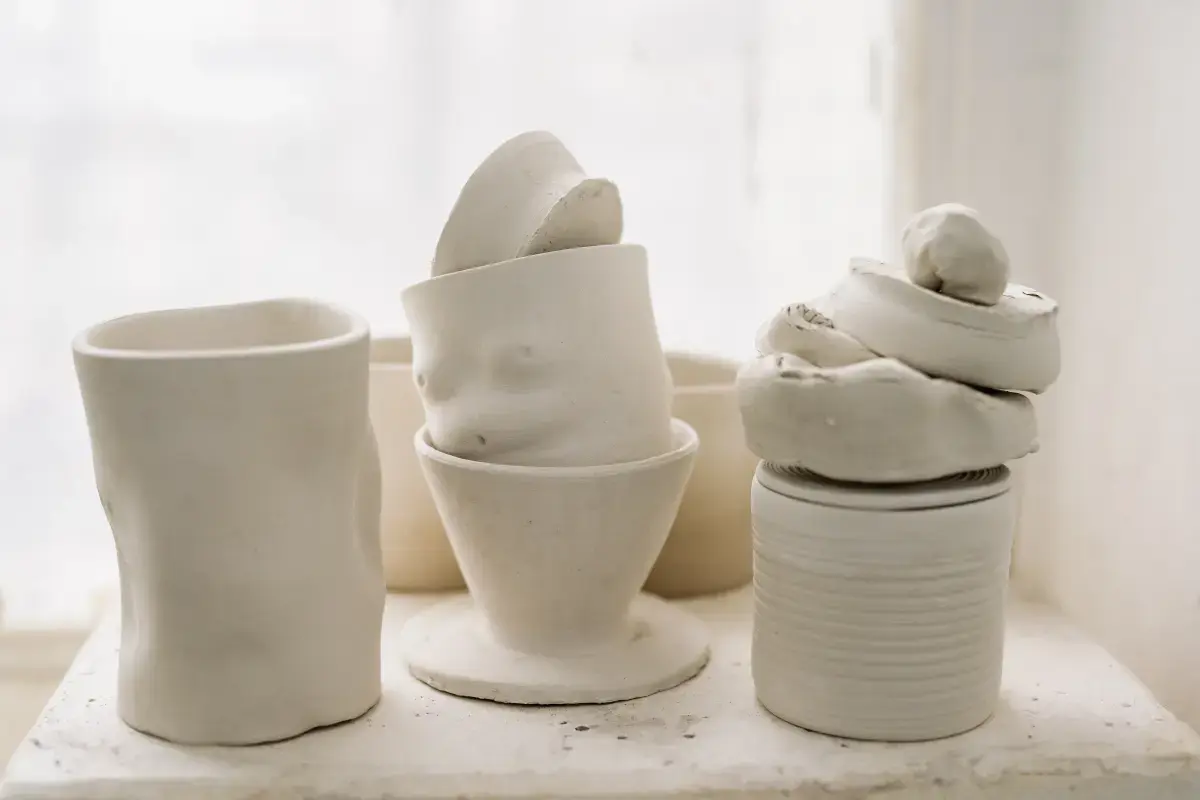
What are the Skills of a Potter?
A potter is someone who shapes clay into objects using a variety of techniques. A good potter needs to have a strong understanding of the material they are working with and how it behaves. They also need to be able to conceptualize the finished product in their head and then execute that vision through their hands. There are many ways to shape clay, so a good potter needs to be familiar with as many as possible and know when to use each one. Some common shaping techniques include: wheel-throwing, hand-building, molding, carving, slip casting,and sgraffito.
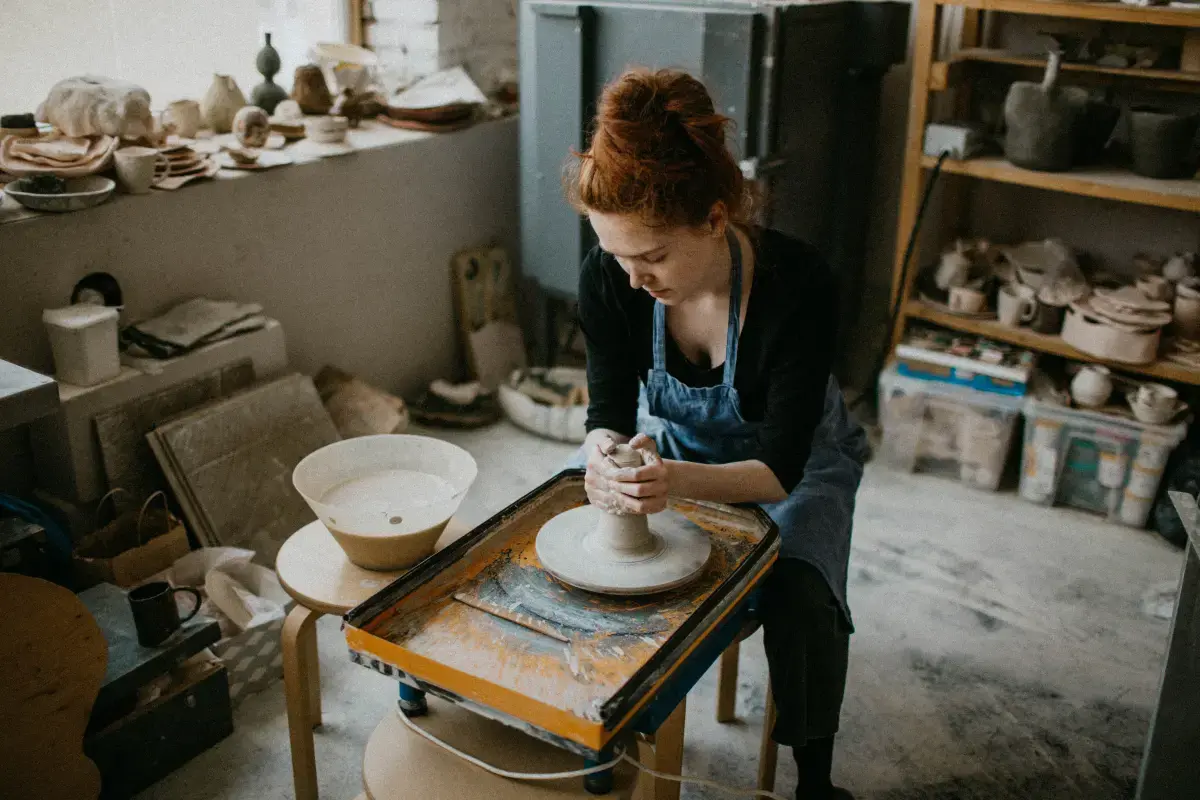
What makes an Expert Potter?
Wheel-throwing is probably the most widely recognized method of making pots thanks to movies like Ghost where Patrick Swayze throws lady parts on a wheel (RIP). The basic idea is that you take a mound of clay and place it in the center of a rotating disk (the wheel). Then using your hands or some tools you can pull up the sides of the clay until it forms into whatever shape you want it too - kinda like spinning pizza dough except not delicious. Once youre happy with the general shape you can start adding details by trimming off excess clay or poking/pushing things into certain areas create texture or design elements
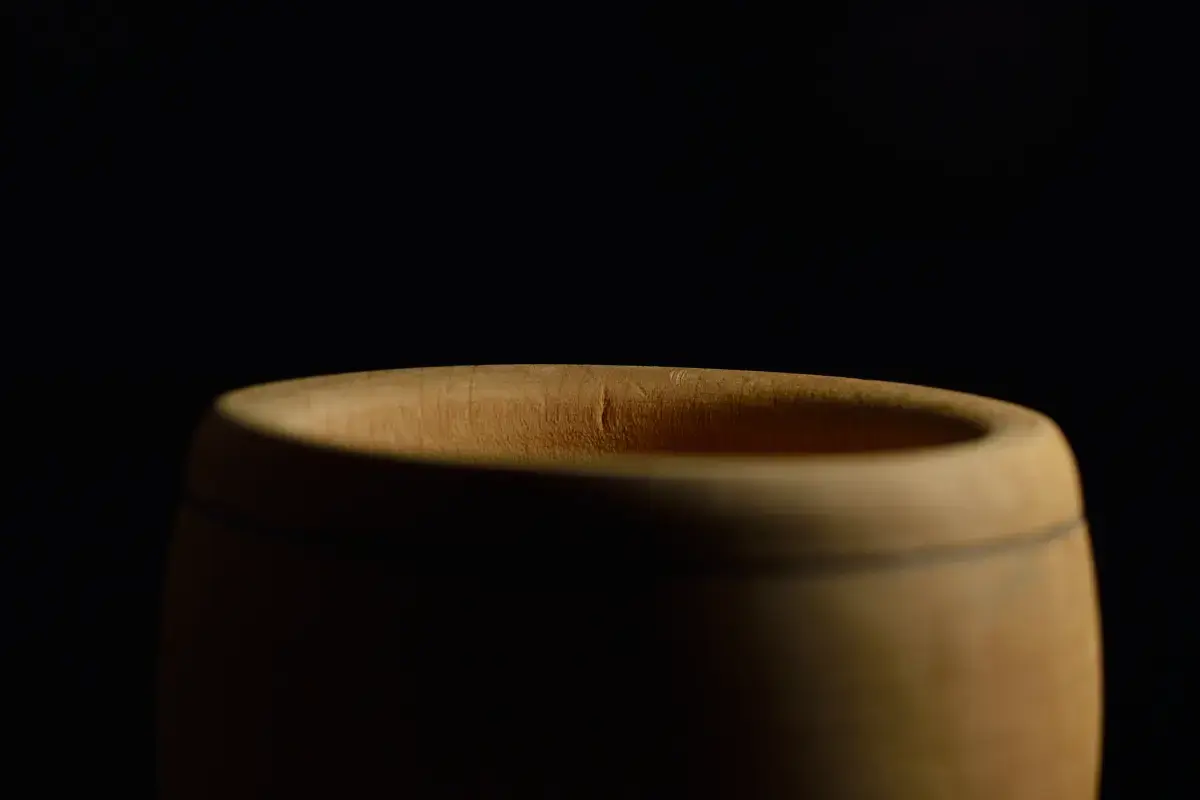
What level of Experience & Qualifications are required to be a Potter?
1. Industry Experience: A minimum of 5 years of professional ceramic experience is preferred, as well as a portfolio of completed works from which to demonstrate skill levels. 2. Training: Potters should participate in specialized classes to increase skills and knowledge base, and attend workshops with experienced potters for hands-on guidance. Existing potters can also tutor new aspiring ones in the fundamentals and the principles involved in creating finished works in clay such as glazing techniques, wheel throwing, trimming, handbuilding etc.. 3. Qualifications: Accreditation by a recognized professional body showcasing experience/expertise such as Ceramic Federation or Examining Board International Certified Potter is beneficial alongside other relevant credentials like tile maker qualifications or diploma/degree certificate earned after studying ceramics arts at college level or university level courses related to the ceramics industry including design principles applied to potters work; kiln operations; production and marketing knowledge etc.. Also recognition by an authority dedicated solely towards promotion & facilitation of contemporary ceramics., authorship (academic papers or magazine articles) that support evidence on high caliber performance helps potentially increase income opportunities immensely . 4 . Education: Most graduates start practicing what they have learnt through completing high school ceramic course with basic modules introducing them into understanding fundamentals such as introduction into clay including properties & conceptions about it;history basics that could influence their upcoming designs plans moving onto more specific topics ,such forming objects using various moulding methodologies ; then progressing through firing technicques combined with special decoration finishes before finally achieving a functionally sound product ready for sale either through exhibition showcases etc.. Continuing form their initial technical foundation most prefer reaching specialization standard followed by Bachelor’s Degree backing up culminated years worth learned skillset experiences within this area retailing Theoretical knowledge + Merging successfully practical experiences holders always get considered first on most occasions when job opportunities arise bringing increased rewards according hiring preferences established by employers
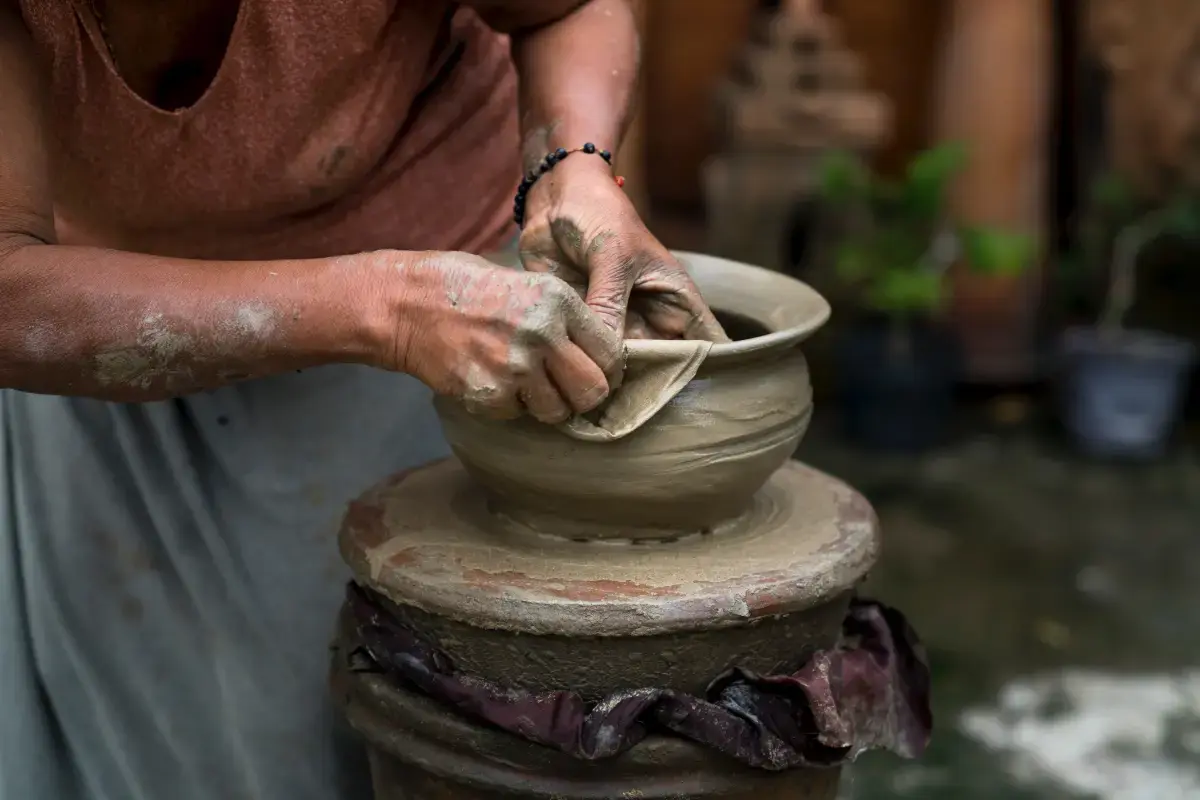
What is the Salary of a Potter?
The salary expectations for a potter can vary significantly depending on experience and other factors. A junior potters median salary is typically in the range of $30,000 to $40,000 annually. Senior potters can earn considerably more; depending on their level of experience and range of skills they may command an annual salary ranging from the low 40s up to around $75,000 per year. Potters with even more extensive experience have been known to make upwards of six figures from their craft.
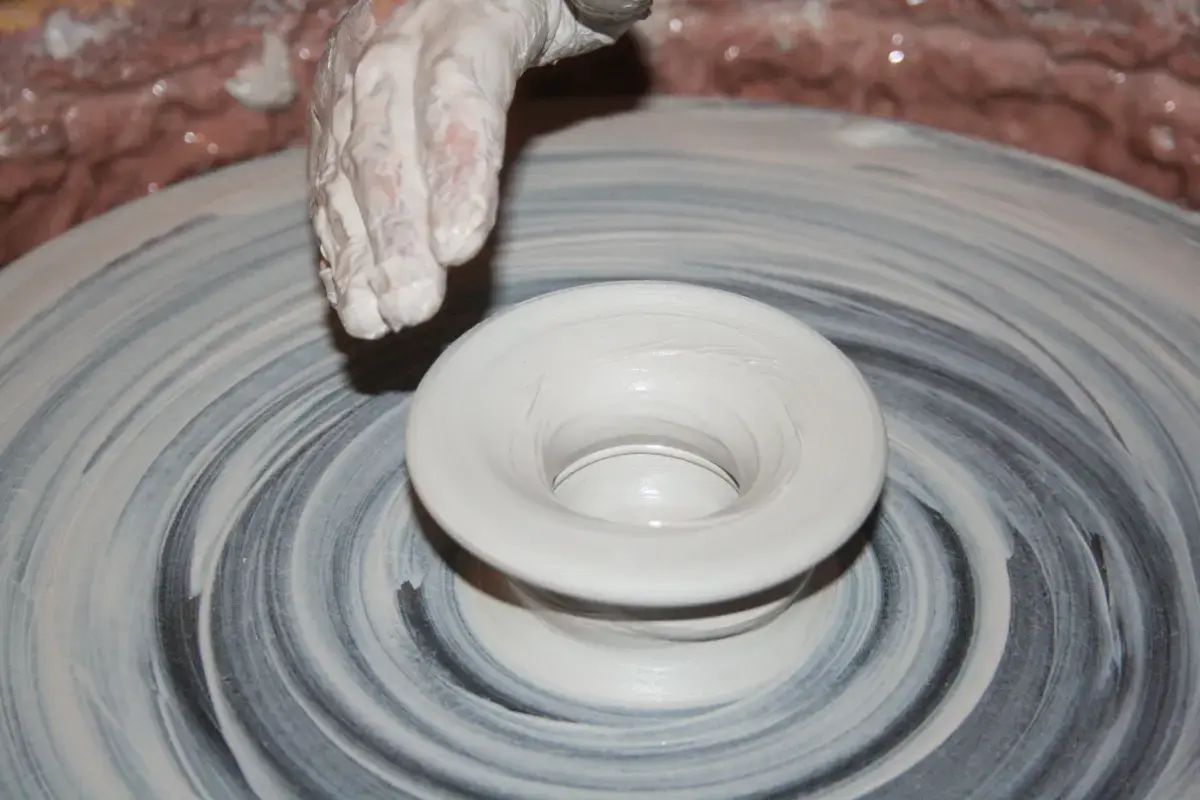
What are the Working Conditions for a Potter?
The working conditions for potters vary greatly depending on the type of pottery they make and the studio they work in. Generally, however, a potter will spend a lot of time standing in one place, as most ceramics are made on the potters wheel or glazed with detailed brushwork at a worktable. Potters typically wear protective clothing such as gloves and masks, both due to their exposure to clay dust or glazes and their contact with dangerous pieces of equipment such as hot kilns. Potters may be exposed to high levels of humidity due to long periods of standing in wet clay or working with water-based products like glaze. Depending on where theyre located, temperatures can be quite variable during long periods at the wheel which requires quick adjustments based on climate control if air conditioning isnt available. Working alone is common for most professional pottery makers given that every piece is custom made and exact replicas are often impossible for handcrafted items. However relief may come from frequent meetings with other artists and sales meetings - giving services like kiln firing an opportunity to maintain relationships between makers and shops even when far away from each other.
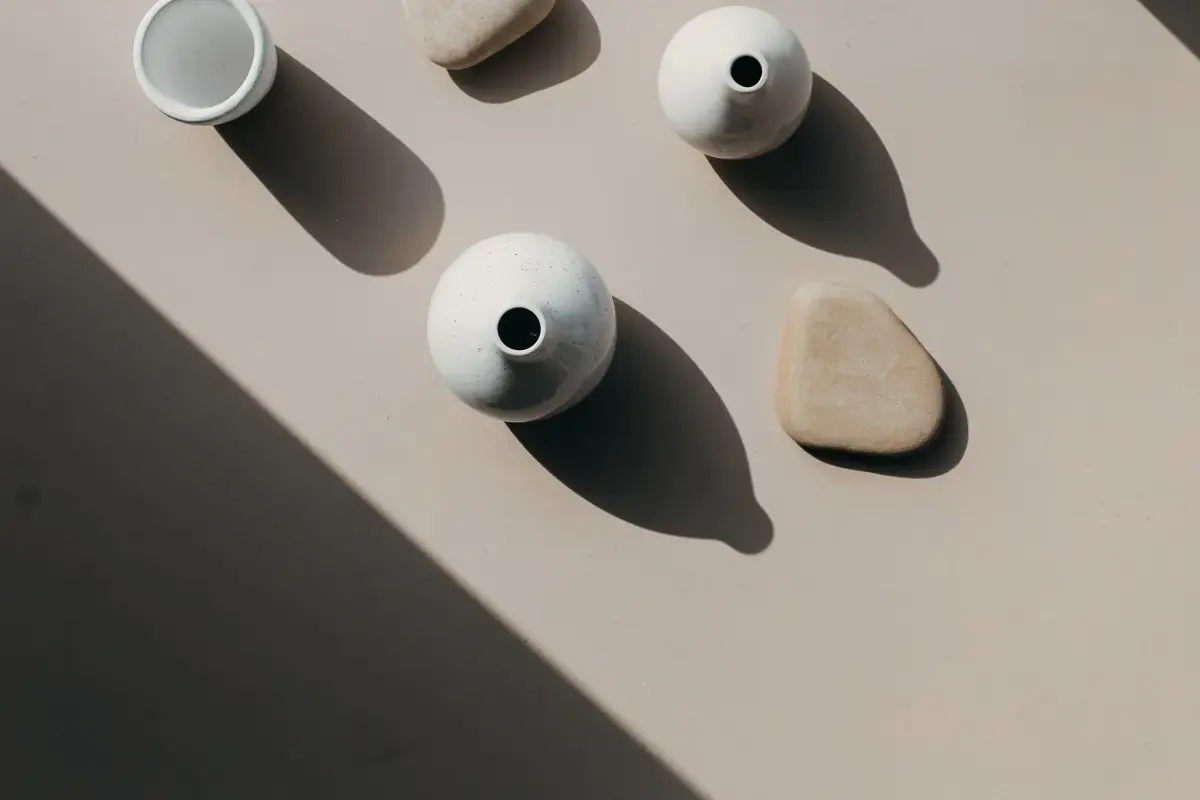
What are the roles and responsibilities of a Potter?
Making and shaping clay pots by hand or with the help of a pottery wheel
Decorating pots using glazes, colors, and other finishes
Firing pots in a kiln to harden them
Selling finished pots at craft fairs, galleries, or through personal websites/stores
Keeping records of supplies used and inventory on hand
Maintaining studio space in a clean and orderly fashion
demoing techniques for students enrolled in classes
collaborating with fellow artists on joint projects
teaching beginners how to make simple shapes
researching historical methods for making specific kinds of vessels
developing new creative approaches to pottery-making
working with commercial clients to produce large orders
packaging fragile items securely for shipping
photographing completed works
updating website portfolios
planning marketing campaigns
writing grants
seeking out residencies or fellowships
giving lectures or workshops
serving as an artist-in-residence at schools or community centers
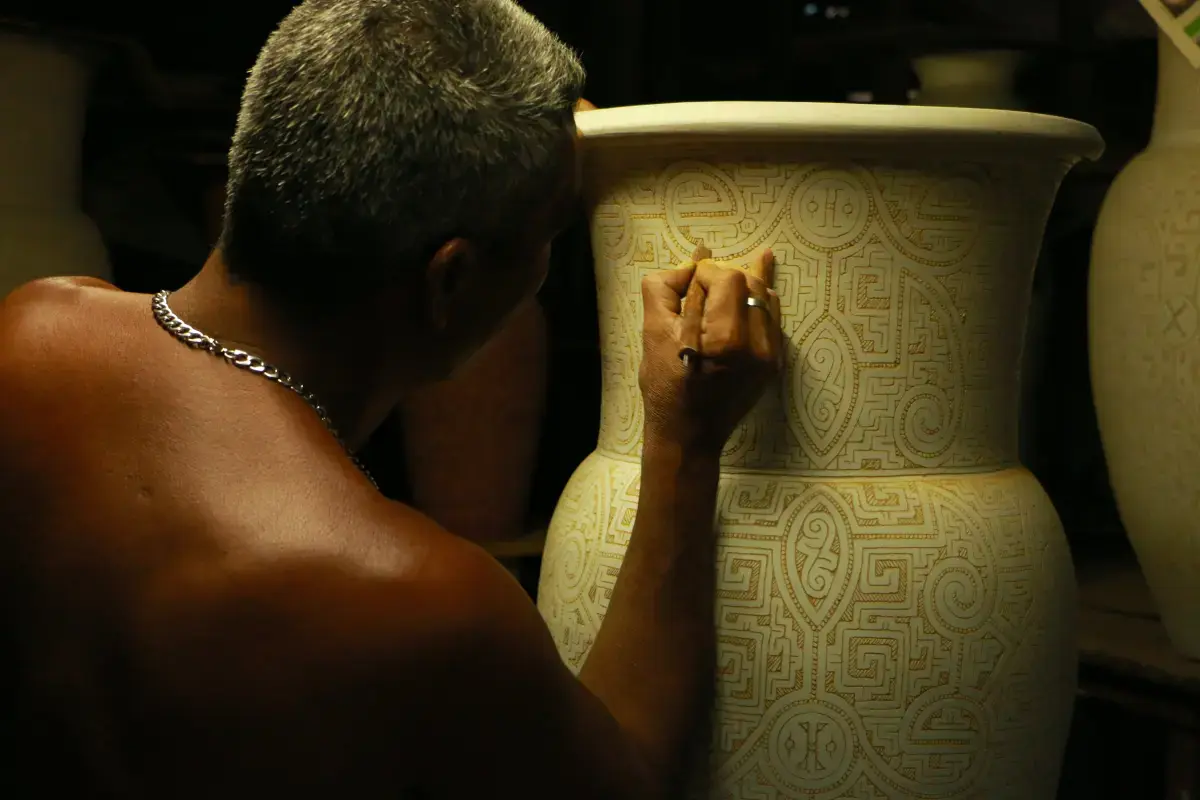
Where can I find Potter jobs?
- Create a profile on gigexchange and promote your Potter skills to advertise you are Open to New Work Opportunities
- Ensure your Resume (or CV), or online work profile is up to date and represents your skills and experience. Ensure your reputation reflects your ability & attitude.
- Apply for Potter Jobs advertised on gigexchange.
- Practise Potter interview techniques to ensure you represent your personality and ability succinctly and confidently.
- Accept the job offer if the salary meets your expectations and the employer mission and purpose reflects your core values.
Jobs
What are the best job boards for Pottery Maker jobs?

How can I hire Potter staff online for my business?
The best job board for recruiting Potter experts is gigexchange.com. Advertise full-time, part-time or contract jobs to find, hire & recruit trusted, experienced and talented Potter candidates near you.
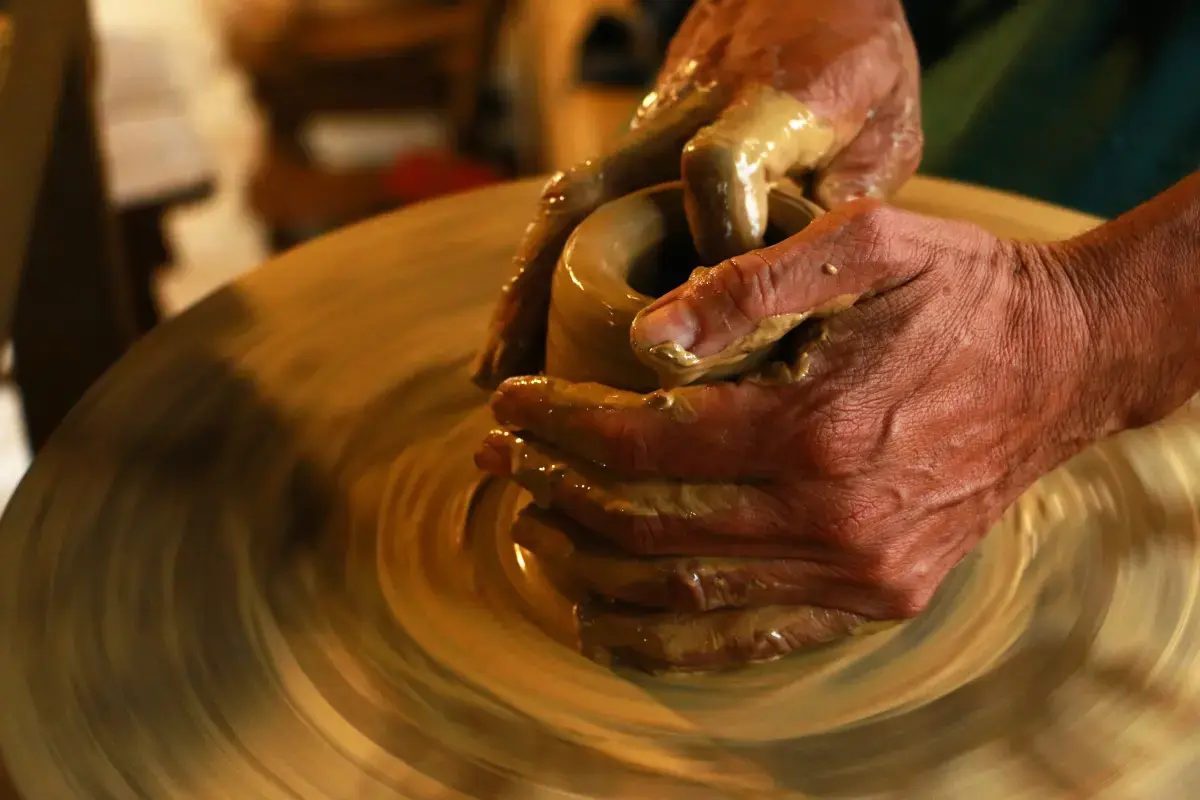
Are Potter roles in demand in 2026?
Potter experts are still in high demand in 2026. If you are an experienced Potter or looking to train and become one. The job market is looking strong for Potter jobs near me.